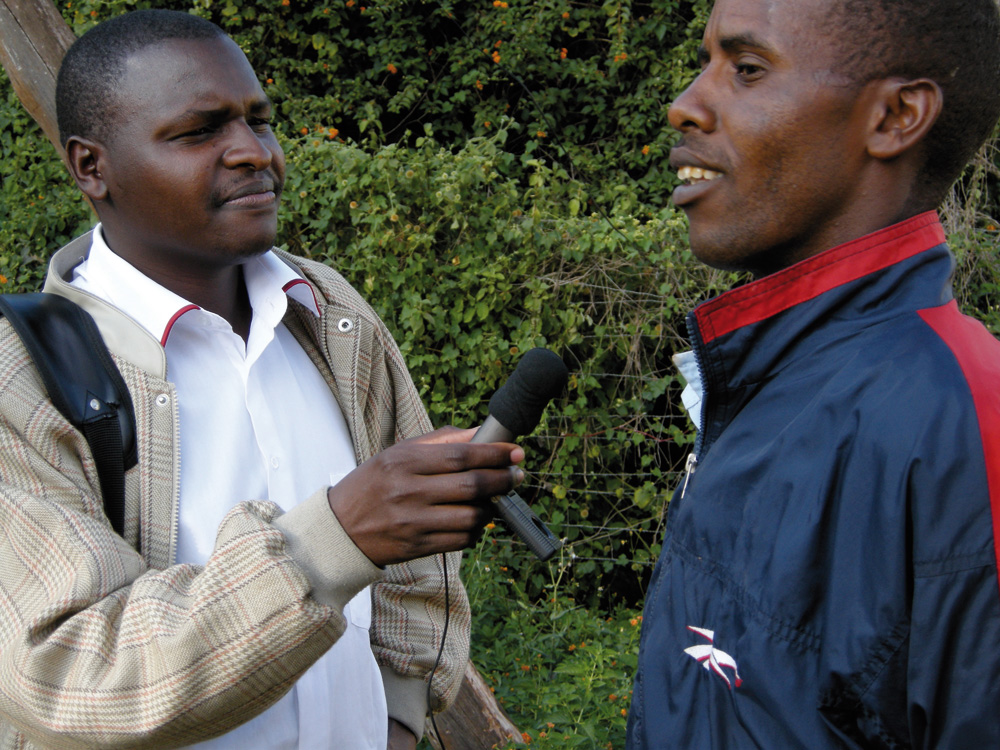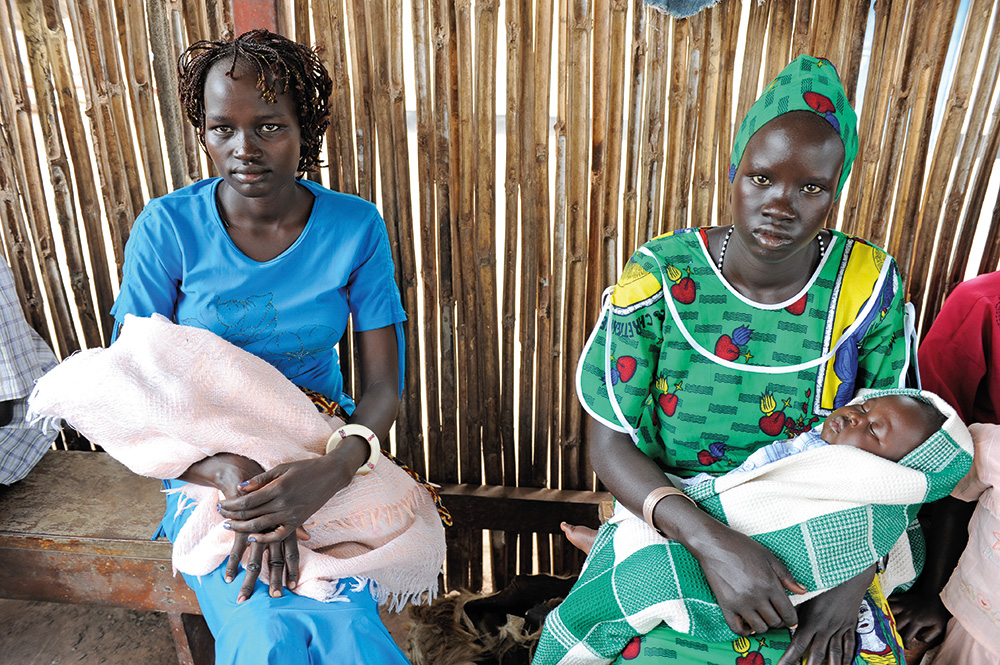Biovision’s Farmer Communication Programme
In many parts of Africa, formal education and training in agriculture is almost nonexistent. Swiss Biovision Foundation supports farmers via its Farmer Communication Programme. While it takes advantage of its close links with research institutions, the ideas and experiences of farmers also flow directly into its course contents.








